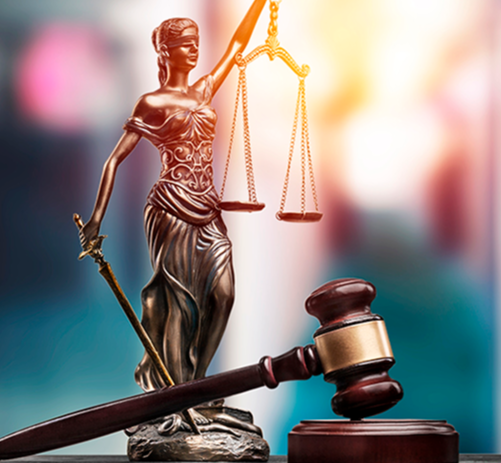Лоер
Development of documents: key stages and the role of a lawyer
In the professional activity of lawyers, the development of documents is an important aspect that requires attention to details and knowledge of legislation. Regardless of whether it is the drafting of contracts, articles of incorporation, statements or powers of attorney, lawyers play a key role in ensuring the legal purity and effectiveness of these documents.
Stages of Document Development:
Gathering Information: Before starting work on the document, it is important to gather all the necessary information about the parties to the agreement or participants in the process, their rights and obligations.
Wording of Terms: Clear wording of terms is the foundation of a successful document. It is important to avoid ambiguities and clarify all the necessary details.
Legal Review: After drafting the first version of the document, a legal review must be conducted. An experienced lawyer or attorney will review the document for compliance with the law and protection of the interests of the parties.
Refinement and Coordination: After identifying possible corrections or additions to the document, it is necessary to carry out coordination with all interested parties.
Signing and Storage: After completion of all stages, the document is signed by the parties and stored in accordance with the requirements of the law.
Drafting of the MV charter by a lawyer
The development of the charter (founding document) of an international organization is a complex and responsible task that requires a deep understanding of legal norms and international legislation. In this article, we will consider the key aspects of drafting the charter of an international organization by a lawyer.
1.Legal analysis and research: The first step in the development of the MI charter is to conduct a deep legal analysis of the goals and objectives of the organization, as well as study international and national legislation that regulates the activities of international organizations.
2. Determination of the structure and bodies of the organization: The lawyer must determine the structure and management bodies of the Ministry of Internal Affairs in accordance with its mission, tasks and type of activity. This includes determining the composition and functions of the general meeting of members, the board, the audit committee, etc.
3. Formulation of the main provisions: The lawyer is responsible for the formulation of the main provisions of the charter, such as the purpose and objectives of the organization, the rights and obligations of the members, the decision-making procedure, financial management and other key aspects.
4. Consideration of international norms and standards: A lawyer must carefully observe international norms and standards related to international organizations, in particular, in the field of human rights, humanitarian law, ecology, etc.
5. Agreement and Signing: After drafting the statute of the MV, the lawyer ensures the agreement of its text with all interested parties and the signing of the document in accordance with the established procedure.
6. Follow-up supervision and legal support: After concluding the MV charter, a lawyer can provide follow-up legal support to the organization, including consultations on the interpretation of the charter and resolution of legal issues arising in the course of activity.Thus, the development of treaties and the charter of an international organization is a complex and responsible task that requires a lawyer not only to have deep knowledge of law, but also to understand the specifics of international cooperation and to observe high standards of legal accuracy.
The role of a lawyer in the development of documents:
In the process of drafting documents, lawyers perform the following tasks:
Legal Analysis: They ensure compliance of the document with legislation and legal purity of terms.
Drafting of Documents: Lawyers are responsible for creating the text of the document, taking into account the needs and interests of the parties.
Negotiations: When negotiating the terms of a document, lawyers represent the interests of their clients and help reach mutually acceptable solutions.
Legal Support: After signing the document, lawyers can provide advice on its interpretation and resolution of any disputed issues.
The development of contracts is a complex and responsible process that requires professional expertise and a careful approach. The role of a lawyer in this process is extremely important to ensure legal compliance and protect the interests of the parties.





























